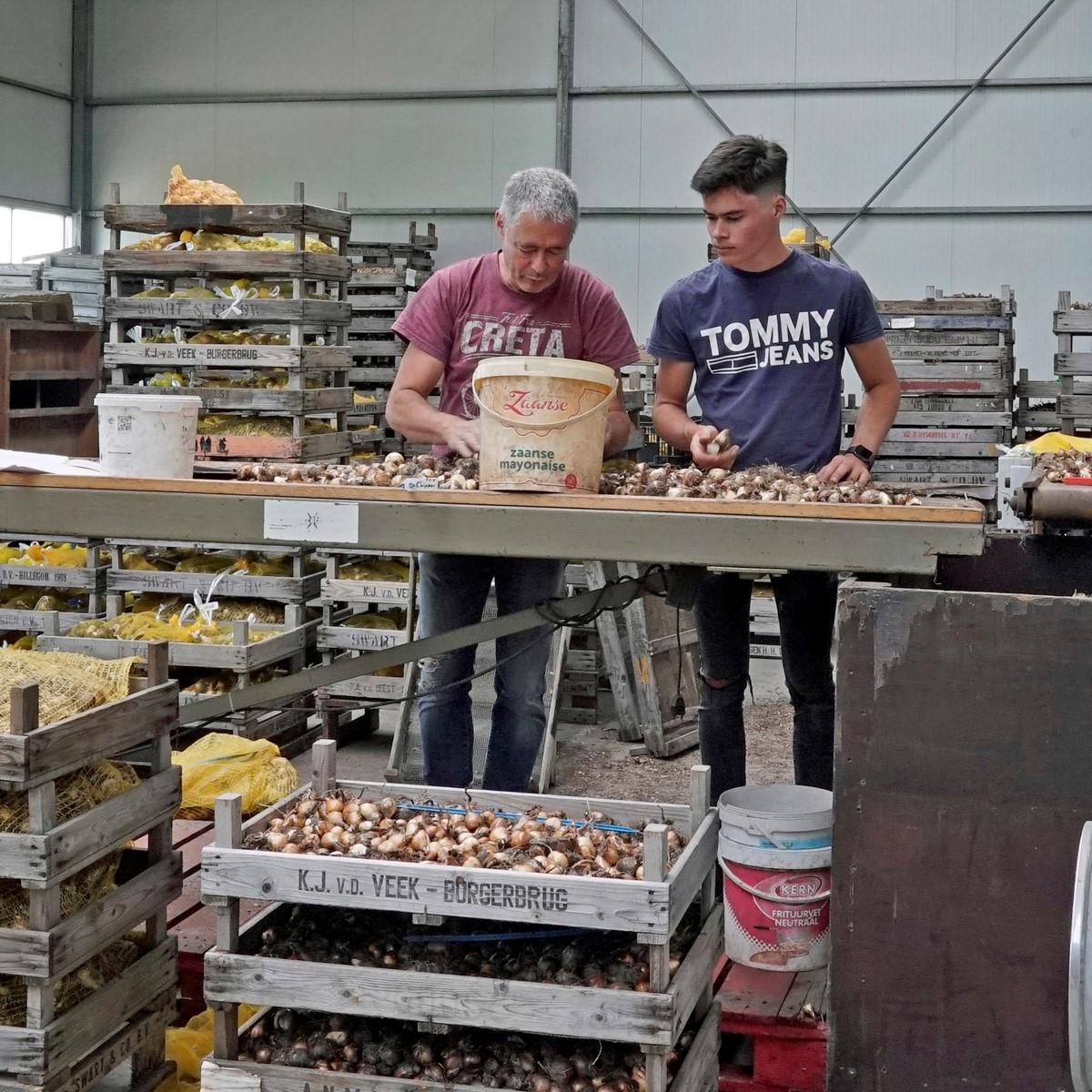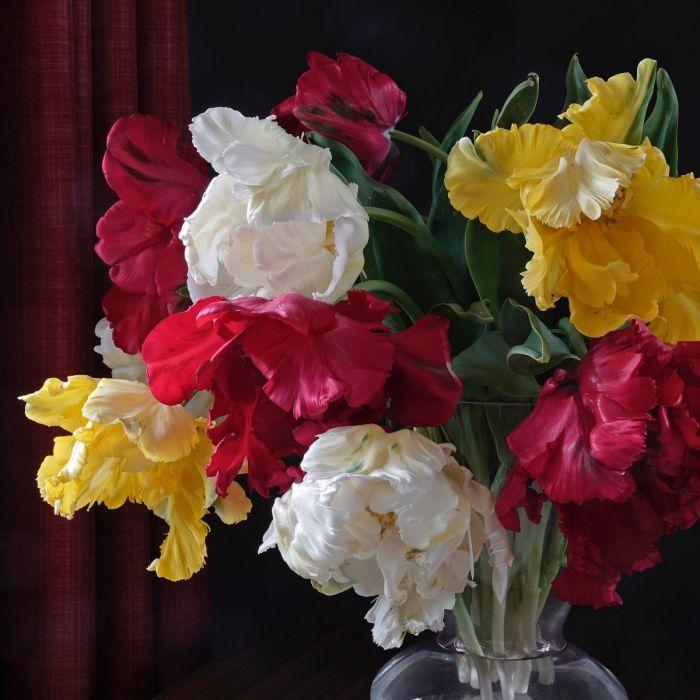Every now and then I am asked about the use of toxins in the cultivation of flower bulbs and whether these have also been used on the flower bulbs that are for sale in the Fluwel web shop.
I can only give one answer to this: Yes, chemical pesticides are used in the cultivation of flower bulbs. Also in the flower bulbs that you can buy from us.
I would like to explain a few things about this. But not with the intention of justifying everything, on the contrary. In my opinion, a critical eye and a frown from the consumer are of great importance for the improvement of agriculture and horticulture. However, pointing an accusing finger at flower bulb growers is a bit too simplistic. After all, no agents are used in the cultivation of flower bulbs that are not also permitted for open-field vegetables and arable farming. It is even the case that the chemical industry has not conducted any research into agents for flower bulb cultivation. Worldwide, the cultivation of flower bulbs is so small that it is not profitable for chemical companies to develop agents specifically for flower bulb cultivation. The focus of chemical companies is on crops such as potatoes, grain, soya, corn, cabbage, carrots and all kinds of other arable crops that are grown on a large scale worldwide.
How does the flower bulb cultivation get its resources, you may wonder. They ask permission from the government to use certain resources that are permitted in agriculture and horticulture. And that approval of resources is not even that simple. Because the focus of flower bulb cultivation is on the Dutch sandy soils, the requirements are in most cases even stricter than for example a potato or an onion in arable farming. The sandy soils are loose in structure, which means that resources wash out much more easily and end up in the groundwater than for example on clay and loam soils. A large part of the sandy soils also serves as a water catchment area, so you will understand that our government will not easily allow resources that involve risks.
The fact that no new chemical has been approved in the last 10 years shows how strict the government requirements are today.
This strict government behaviour is partly due to you as a critical consumer and that is commendable for both the government and the consumer.
But still a small point of criticism towards the various governments. The requirements that are made today for the products of the agricultural sector do not always correspond with the current environmentally conscious and sustainable thinking. When it comes to viruses, fungi or other attackers in the various agricultural and horticultural products, the 0 tolerance is often used. This means that if there is more than 0% (yes, it really says zero) damage from a certain disease or infection in a batch of bulbs, potatoes or other agricultural product, the batch in question is no longer eligible for export to certain countries, and therefore has a lot less value.
If this ridiculous 0 tolerance were just a bit more flexible, it would save a lot of chemical agents. The grower now has to play it safe if he has sold his yield for export. He will never think; the louse pressure or disease pressure is not that great this week so I will skip spraying for a week, he simply cannot take the risk of a minuscule infection. Because if he has just one sick plant in a field of millions of plants, he is screwed.
In this area there is certainly an opportunity for the government to reduce the use of resources here as well.
But otherwise nothing but praise for the government, they set clear rules and the penalties for environmental crimes are, rightly, not to be underestimated.
There are also a whole series of certificates that buyers ask for. Planet Proof, MPS and Global Gab are a few examples. Some buyers ask the supplier whether they are certified with such a certificate to be able to demonstrate that both they and their suppliers are consciously concerned with the environment. And they are, but they are not more environmentally conscious than companies that do not have a certificate and operate within the rules of our government. The difference is that certified companies must register all year round which resources have been used when and in which crops. Furthermore, they have access to almost the same crop protection products as a non-certified company.
Finally, I would like to say that things are moving in the right direction, partly due to the critical attitude of the consumer, with regard to the use of chemical agents. Of course, there are still points that can be improved, but the cultural shift that has taken place in the last 25 years is a huge step in the right direction. However, I suspect that the improvement in sustainability and the reduction of the use of agents will mainly come from the agricultural sector itself in the future. In my opinion, modern farmers who work with and in nature on a daily basis are much more concerned with sustainability and are more environmentally conscious than most consumers. Without obligations and rules, the use of agents has decreased by 10% in recent years, while the total area of flower bulbs increased by more than 10%. Where possible, they use organic agents or they alternate organic with chemical agents without being asked to do so by the government.
Partly due to the critical view of the consumer, a certain amount of awareness has arisen among the current generation of flower bulb growers, for which, in my opinion, they deserve appreciation.
Kind regards,
Carlos van der Veek

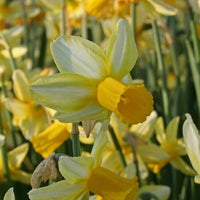



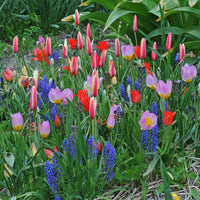



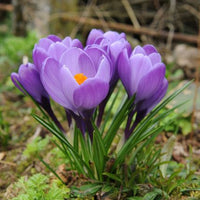
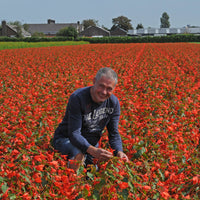


 Deutsch
Deutsch English
English